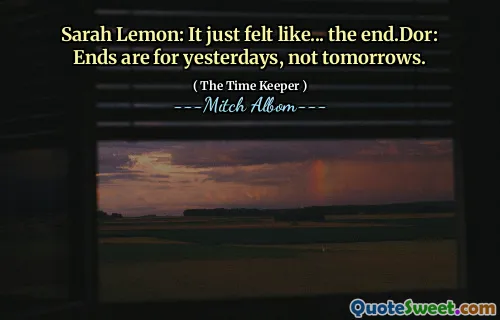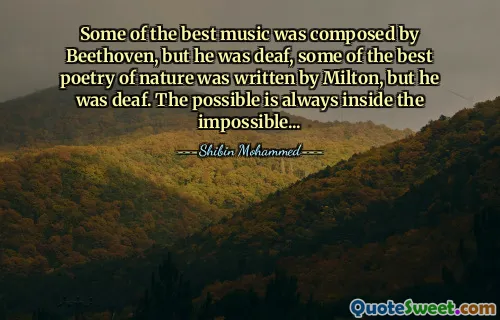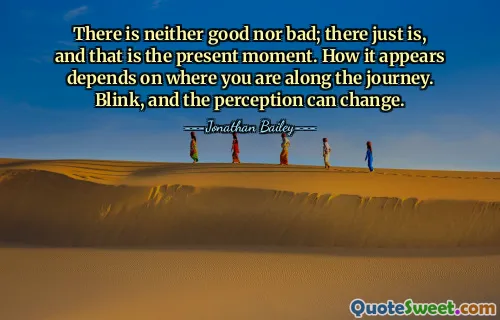I am come to warn you. I am come to impeach your happiness. It is fashioned out of the misery of your neighbour. You have everything, and that is composed of the nothing of others… As for me, I am but a voice. Mankind is a mouth, of which I am the cry. You shall hear me!
The quote expresses a powerful warning about the consequences of an unequal society, highlighting how one person's happiness can often be built on the suffering and hardship of others. The speaker positions themselves as a voice for the voiceless, emphasizing the disparity between those who have everything and those who have nothing. This serves as a call to acknowledge the discomfort and injustice present in the world around us.
Furthermore, the speaker asserts the importance of their message as a reflection of the collective human experience. By declaring, "I am but a voice," they reveal their role as an emblem of social consciousness, urging the listener to recognize the interconnectedness of happiness and misery. Ultimately, the quote challenges us to confront our privilege and consider the implications of our contentment in a world rife with inequality.




